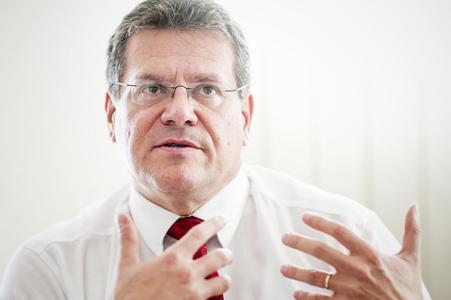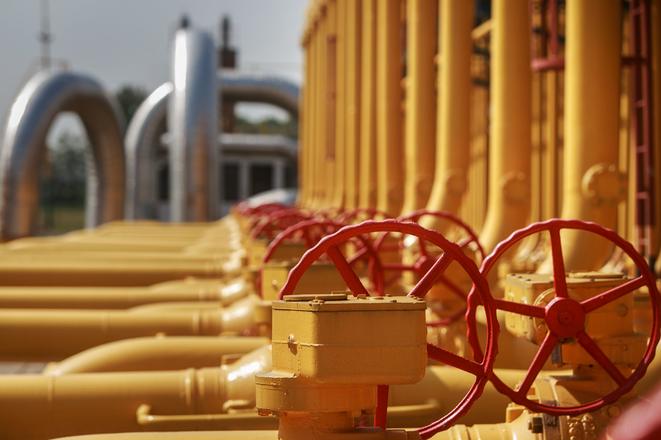Germany’s maritime authority BSH announced in late March that it had approved the building of the 31-km section of the Nord Stream 2 gas pipeline running through its waters, since it posed no danger to shipping or the environment, Reuters reported. This means that the construction of the controversial pipeline bypassing traditional routes for transporting Russian gas to Europe via Ukraine is closer. But the project still needs permission from other countries.
The building of the Nord Stream 2 may especially mean changing routes in central Europe, including Slovakia, through which Russian gas flows to Europe.
“For Slovakia the priority is as high usage of transport capacities leading through our territory as possible,” Maroš Stano, spokesperson of the Slovak Economy Ministry, told The Slovak Spectator.
Slovakia is only one of several EU member countries opposing the project, with other countries being the Czech Republic, Estonia, Croatia, Hungary, Lithuania, Latvia, Poland and Romania. They claim that the Nord Stream 2 violates principle of diversification and poses another risk of further destabilising Ukraine.
Nord Stream 2
The Nord Stream 2 by Russia’s gas export monopoly Gazprom should be 1,225 km long, directly connecting Germany and Russia beneath the Baltic Sea. Its annual capacity would be 55 billion cubic metres. Thus, it would double Russia’s capacity to transfer gas across the Baltic Sea to Germany and beyond to 110 billion cubic meters per year. The plan is to put the pipeline with a price tag of €9.5 billion into operation in 2020.
What experts say
Decisions by German bodies was expected, said energy expert Karel Hirman, adding that the Nord Stream 2 project still needs permission from countries through whose waters it will cross, like Denmark and Sweden. But based on valid rules these may only postpone it.
“So probably only a legislative initiative of the European Parliament, which wants to also extend the legislative rules of the third energy package onto offshore waters of the EU, might change the situation,” Hirman told The Slovak Spectator. He added that a similar initiative of European Commission Vice-President for Energy Union, Maroš Šefčovič, has encountered opposition not only in a part of the European Commission but also member countries – especially Germany.
As Šefčovič recalled in an interview for the Sme daily, while the Nord Stream 2 project is presented as commercial interest, he has not seen any other project evoking such political tension and discussions at the level of the cabinet heads of the EU member states.

“The Nord Stream 2 has a polarising drive,” Šefčovič said. “Moreover, it can be advantageous for countries in the western part of the EU and complicate the situation for central and eastern European countries, not to mention its devastating effects on Ukraine.”



 Gas transmitter Eustream (source: Sme)
Gas transmitter Eustream (source: Sme)